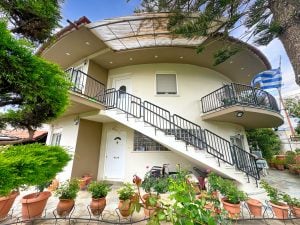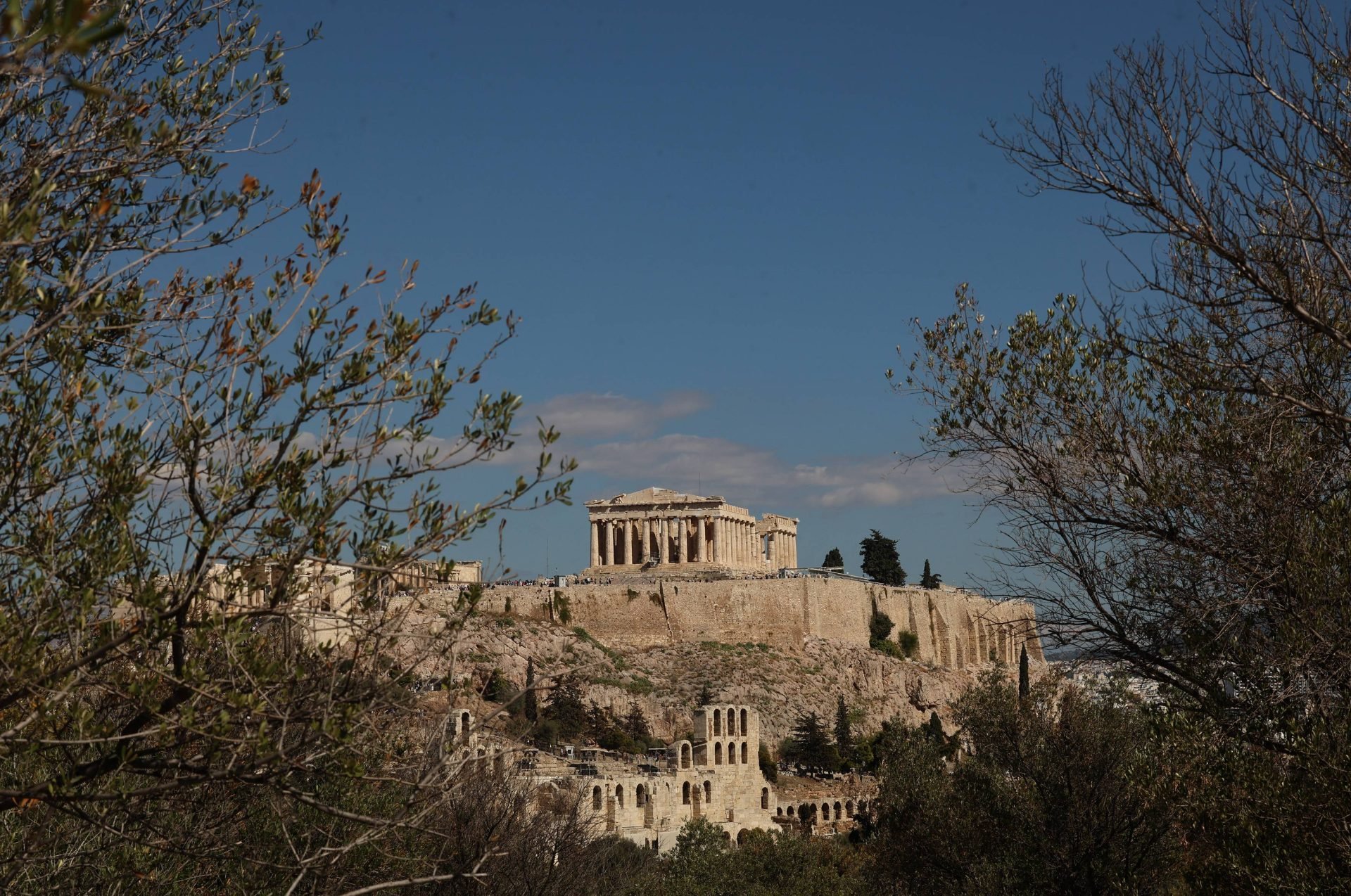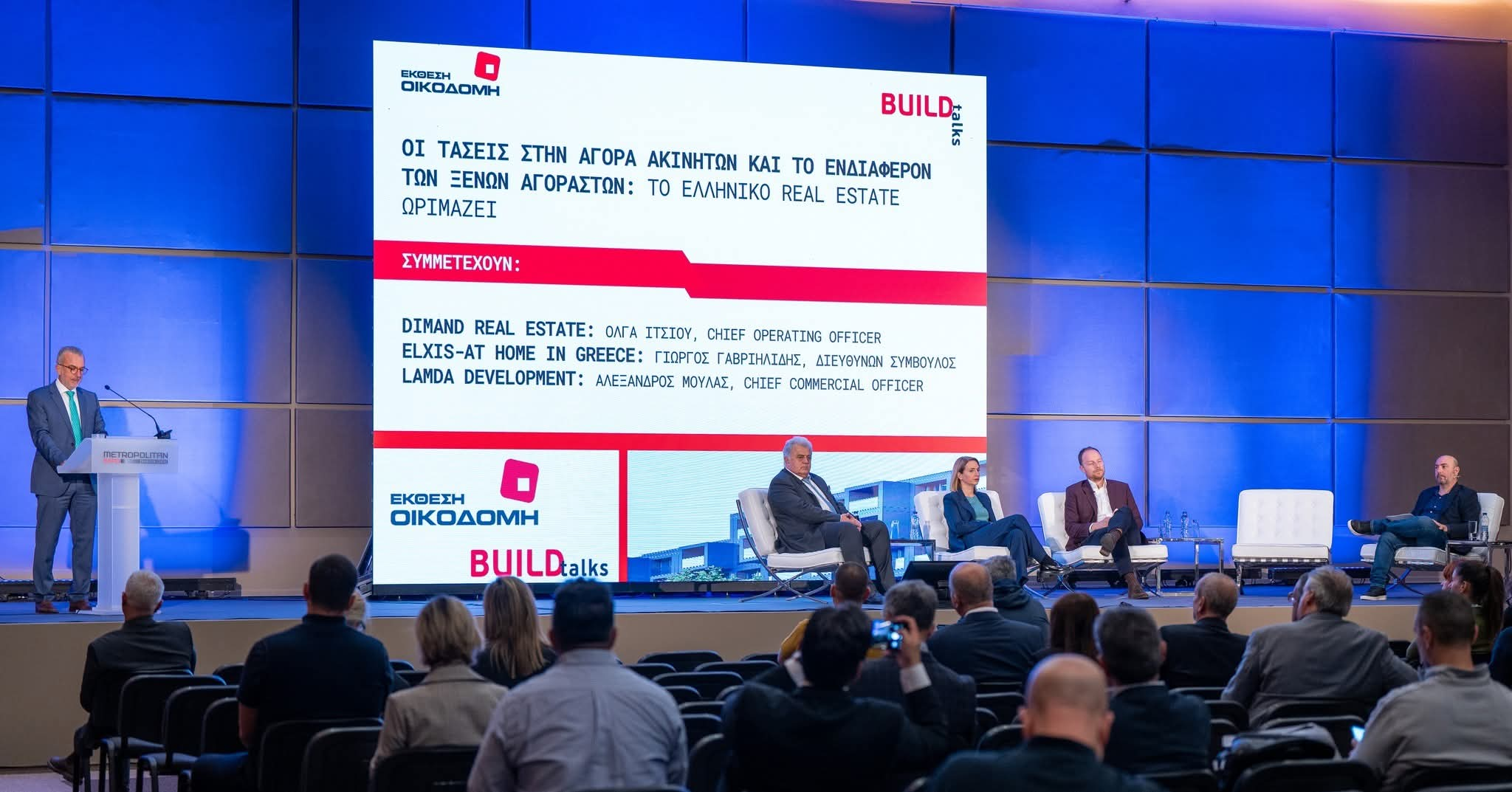Building permits significantly impact Greek property sales by establishing legal compliance and marketability. Properties without proper permits face reduced values, buyer hesitation, and financing difficulties. These permits validate construction work and ensure properties meet safety standards, making them essential for successful transactions in Greece’s regulated real estate market.
What are building permits and why do they matter for Greek property sales?
Building permits are official authorisations required for construction, renovation, or modification work on Greek properties. They confirm that planned or completed work complies with local building codes, zoning regulations, and safety standards established by Greek municipalities and the Ministry of Environment.
In Greece’s property market, building permits serve as fundamental proof of legal compliance. They demonstrate that construction work has been properly approved, inspected, and completed according to official standards. For international buyers, permits provide crucial assurance that their investment meets all regulatory requirements.
The Greek legal system requires permits for most construction activities, from major renovations to swimming pool installations. Properties without proper permits may face legal challenges, reduced marketability, and complications during ownership transfers. This regulatory framework protects both buyers and the broader community by ensuring safe, compliant construction practices.
How do missing or invalid building permits affect property value?
Missing or invalid building permits typically reduce property values by 10-30% in the Greek market. Buyers view permit issues as significant risks, often demanding substantial price reductions to compensate for potential legal complications and regularisation costs.
Properties with permit problems face limited buyer interest, particularly from international purchasers who prioritise legal security. Many buyers simply avoid such properties entirely, reducing the potential buyer pool and extending selling timeframes. This decreased demand naturally drives down achievable sale prices.
Financing becomes another major challenge, as Greek banks rarely approve mortgages for properties with permit violations. Cash buyers may negotiate aggressively, knowing sellers have fewer options. Foreign buyers especially avoid permit issues, as they lack local knowledge to navigate complex regularisation processes.
The uncertainty surrounding resolution costs and timelines creates additional downward pressure on values. Potential buyers must factor in legal fees, municipal fines, and construction work needed to bring properties into compliance when making offers.
What happens when you try to sell a property with building violations?
Selling properties with building violations requires mandatory disclosure to potential buyers and often results in extended marketing periods, reduced offers, and complex negotiations around liability and resolution responsibilities.
Greek law requires sellers to disclose known building violations during property transactions. Failure to disclose can result in legal action from buyers after completion, potentially including contract cancellation and damage claims. This legal exposure makes honest disclosure essential but complicates marketing efforts.
Many estate agents refuse to market properties with significant permit issues, limiting professional support options. International buyers, who represent a large portion of Greece’s property market, typically avoid such properties entirely due to unfamiliarity with local regularisation processes.
Financing restrictions severely limit buyer options, as banks won’t approve mortgages for non-compliant properties. This forces reliance on cash buyers, who often negotiate aggressively knowing sellers face limited alternatives. Legal complications can also delay completion timelines significantly.
How can property owners resolve building permit issues before selling?
Property owners can resolve permit issues through Greece’s regularisation procedures, which involve submitting retrospective applications, paying associated fees, and completing any required modifications to bring properties into compliance with current regulations.
The process begins with engaging a qualified Greek architect or engineer to assess the property and prepare necessary documentation. They’ll identify which work requires regularisation and determine if any modifications are needed to meet current standards.
Owners must submit applications to the relevant municipal authorities, including detailed plans, structural calculations, and compliance certificates. The process typically takes 3-12 months, depending on the complexity of violations and municipal processing times.
Costs vary significantly based on property size, violation severity, and required modifications. Factors include professional fees, municipal charges, potential fines, and any construction work needed for compliance. Planning for these expenses early helps avoid surprises during the regularisation process.
Successfully resolving permit issues before marketing significantly improves property marketability and achievable sale prices, often recovering the regularisation investment through higher offers and faster sales.
What should buyers look for regarding building permits during property purchases?
Buyers should verify building permit authenticity through municipal records, inspect properties for unauthorised modifications, and engage qualified professionals to conduct comprehensive due diligence before committing to purchases.
Essential documentation includes original building permits, completion certificates, and any subsequent modification approvals. Buyers should request copies and verify authenticity directly with issuing municipalities, as fraudulent documentation occasionally appears in property transactions.
Professional property inspections should specifically examine potential permit violations, including unauthorised extensions, swimming pools, or structural modifications. Qualified surveyors familiar with Greek building regulations can identify red flags that untrained eyes might miss.
Legal protection involves engaging experienced Greek property lawyers to review all documentation and conduct thorough title searches. They can identify potential issues and advise on risk mitigation strategies before contracts are signed.
Buyers should also consider requiring sellers to provide permit compliance warranties or establish escrow arrangements to cover potential regularisation costs discovered after purchase. These protections help manage risks associated with complex Greek building regulations.
How do building permits impact Golden Visa property investments?
Building permits are mandatory for Golden Visa eligibility, as investment properties must demonstrate full legal compliance with Greek building regulations. Permit violations can disqualify properties from the Golden Visa programme and jeopardise residency applications.
The Greek Golden Visa programme requires investment properties to meet all legal standards, including proper building permits for all construction work. Immigration authorities verify compliance as part of the application process, rejecting applications involving non-compliant properties.
Investment security depends heavily on legal compliance, as permit violations can affect property values and rental potential. Golden Visa investors typically seek stable, appreciating assets that won’t face regulatory challenges threatening their investment returns.
Due diligence becomes even more critical for Golden Visa purchases, as residency status depends on maintaining compliant property investments. Investors should engage specialised legal counsel familiar with both property law and immigration requirements to ensure full compliance.
The stakes are particularly high for Golden Visa investors, as permit problems can affect both financial returns and residency status. This makes thorough permit verification an essential component of the investment process.
Wanneer mijn huis in Griekenland wil verkope, building permit compliance significantly affects marketability and achievable prices. Whether you’re an international owner seeking hassle-free transactions or need guidance navigating Greek property regulations, professional support ensures proper permit verification and resolution. For comprehensive assistance with your Greek property sale, including permit compliance verification, neem contact op met ons ervaren team.


































